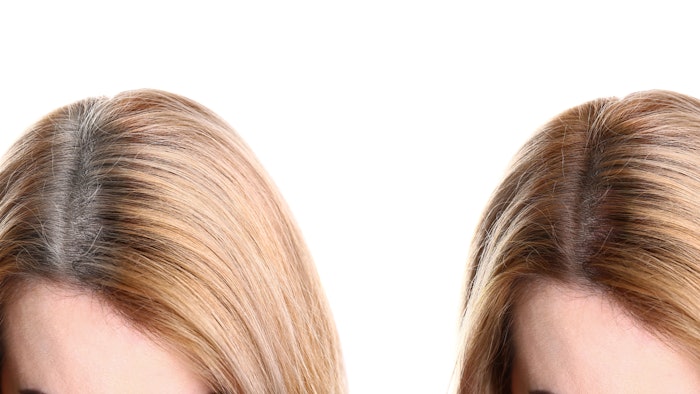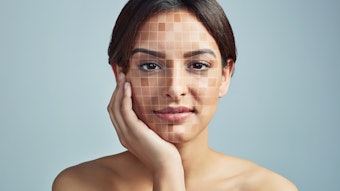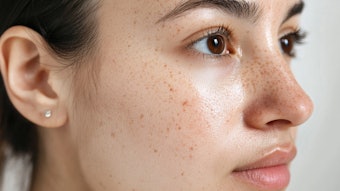
A recent study, published in eLife, from researchers at Columbia University Vagelos College of Physicians and Surgeons have offered quantitative evidence linking psychological stress to graying hair in people.
Perhaps their most exciting find: Hair color can be restored when stress is eliminated.
Related: Researchers Identify Mechanism That Causes Gray Hair
“Understanding the mechanisms that allow ‘old’ gray hairs to return to their ‘young’ pigmented states could yield new clues about the malleability of human aging, in general, and how it is influenced by stress,” said the study’s senior author Martin Picard, PhD, associate professor of behavioral medicine (in psychiatry and neurology) at Columbia University Vagelos College of Physicians and Surgeons.
Ayelet Rosenberg, first author on the study and a student in Picard’s laboratory, developed a new method for capturing detailed images of tiny slices of human hairs to quantify the extent of graying. The method used a high resolution scanner to analyze each individual strand for color variations.
The researchers analyzed individual hairs from 14 volunteers. The results were compared with each volunteer’s stress diary, in which individuals were asked to review their calendars and rate each week’s level of stress.
When hairs were compared with the matching stress diaries, striking associations between stress and hair graying were revealed and, in some cases, a reversal of graying with the lifting of stress.
“There was one individual who went on vacation, and five hairs on that person’s head reverted back to dark during the vacation, synchronized in time,” said Picard.
Reducing stress levels is a good goal, the authors noted, however, stress relief won’t necessarily revert hair back to its normal color, it only worked for some of the subjects.











